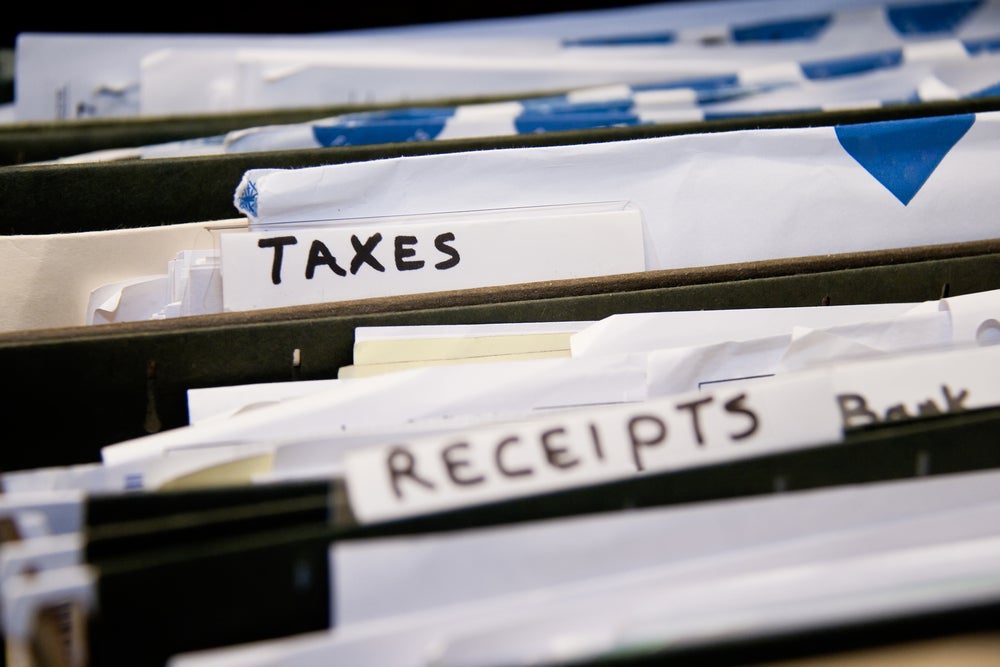
In research made public by RSM’s weekly tax brief, a case where an entire claim was disallowed because the employee had made a limited number of social media posts, and hence was deemed to be working was featured. In another recent case, an employer upgraded their system to submit real time information (RTI) payroll submissions in November 2019.
Unfortunately, unbeknownst to them, the system had been left set on “test” mode, and hence the next few months’ returns were not submitted to HMRC. The taxpayer found out the problem in April 2020 and immediately made the missing submissions.
Unfortunately, the rules for the coronavirus job retention scheme (CJRS) were that nobody was eligible for a furlough payment if they were not included in an RTI return made before 19 March 2020. Not realising that there was an issue, the employer claimed furlough for six employees who were recruited after November 2019, but before 19 March 2020, and received payments which they duly passed onto their staff members.
When the error was spotted by HMRC they raised an assessment which the employer appealed, setting out the above facts. It is clear however that HMRC and the Tribunal have to follow the strict law on this, and in the CJRS rules there was no ‘reasonable excuse’ room for error. The assessment for tax was confirmed.
It is generally accepted that the CJRS attracted a high level of fraud and that a significant amount of money has been lost and is unlikely to be reclaimed. The law was drawn up in a great hurry and as public money was to be paid out, they attempted to make it as secure and fraud proof as possible. It would appear however that those being caught by the strict rules are not the fraudsters, but innocent employers who were doing their best in a very disrupted time and were exactly the type of businesses envisaged to be helped by this scheme, but who made innocent errors.
The employer in this case made no financial gain from the payment as it was passed on to the employees and it is too late to try to reclaim it at this stage.
How well do you really know your competitors?
Access the most comprehensive Company Profiles on the market, powered by GlobalData. Save hours of research. Gain competitive edge.

Thank you!
Your download email will arrive shortly
Not ready to buy yet? Download a free sample
We are confident about the unique quality of our Company Profiles. However, we want you to make the most beneficial decision for your business, so we offer a free sample that you can download by submitting the below form
By GlobalDataIdeally, now that we have come out of the other side of the pandemic and the government has more idea of how the scheme was used, it should be possible to introduce the concept of reasonable excuse when considering these cases. HMRC and the courts have a mandate to apply the law as it’s written and intended, if there are unintended consequences of that then it is for legislators to take the necessary action. If this is not possible, at the very least, next time tax law has to be introduced at speed, it would be helpful if the authorities included some leeway for innocent errors. Taxpayers are human and will inevitably make mistakes which have no influence on their moral right to claims, but would result in a surprise need to repay assistance they had received. In this case, it was to the detriment of a business struggling to recover from the effects of the pandemic.






